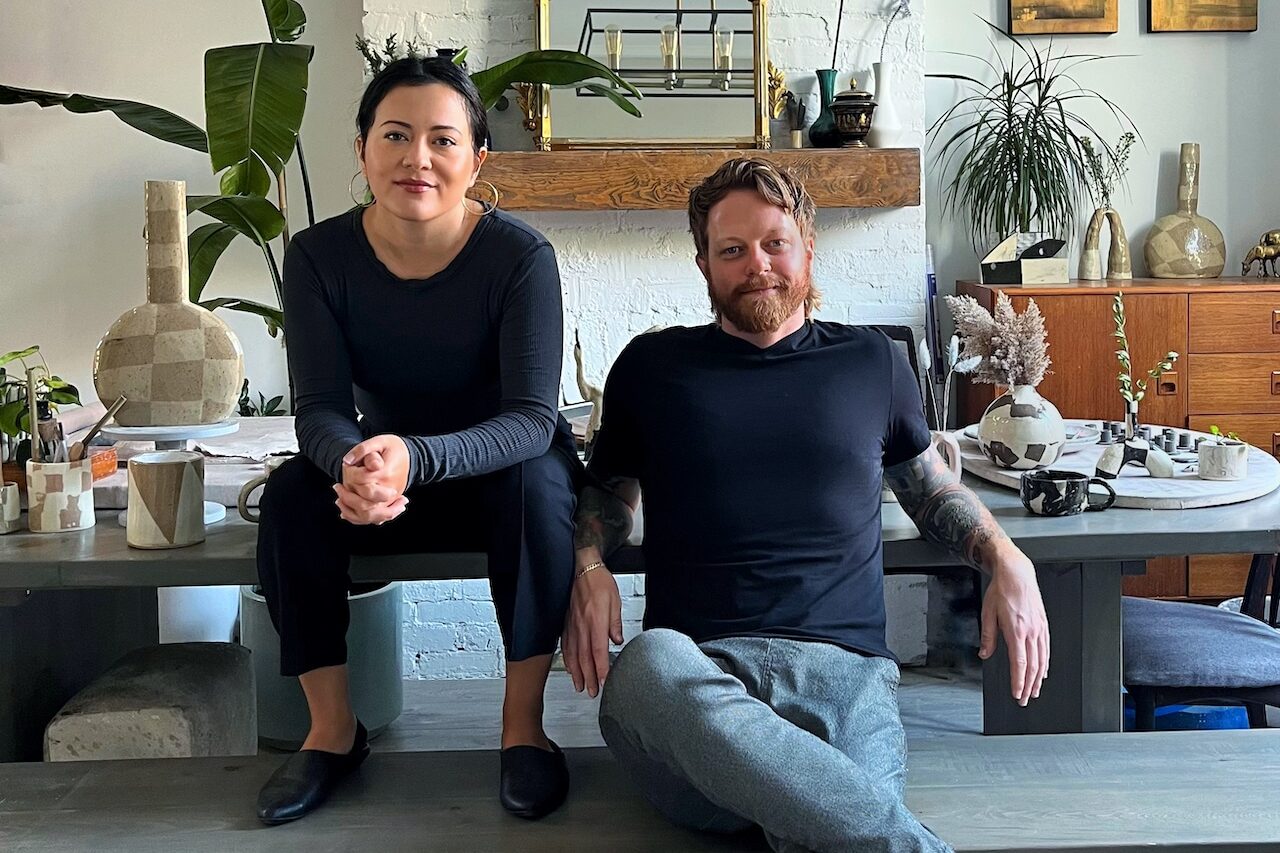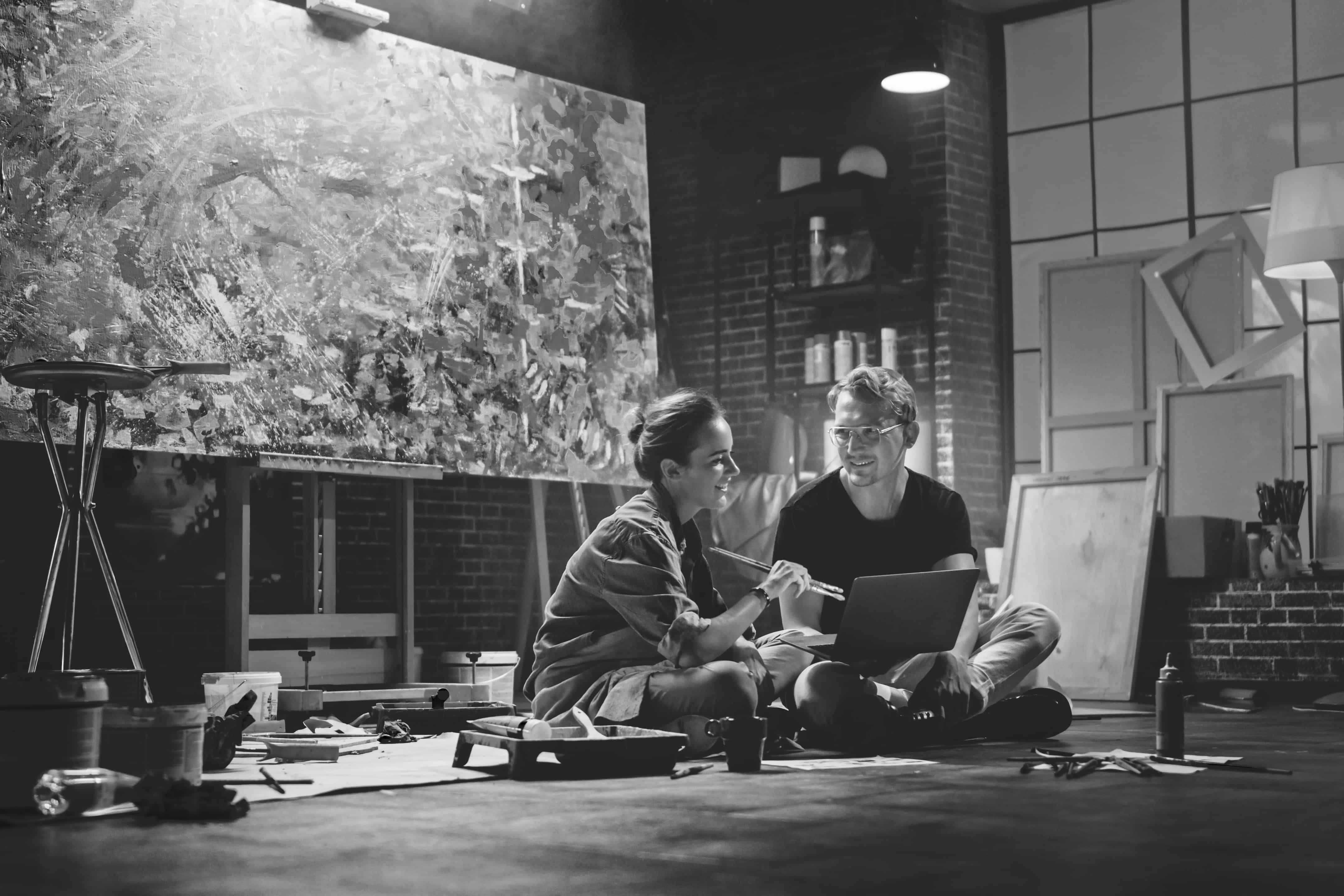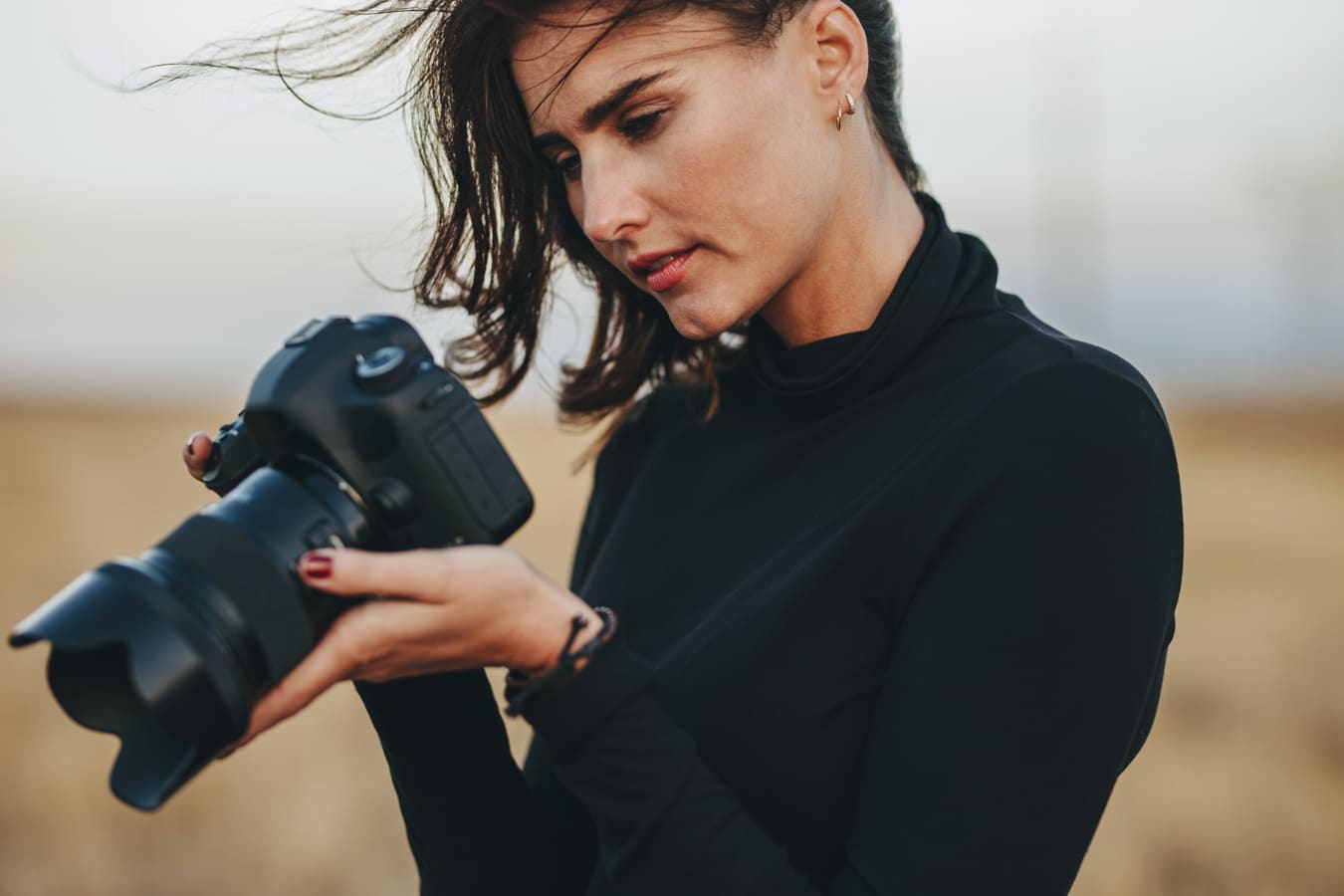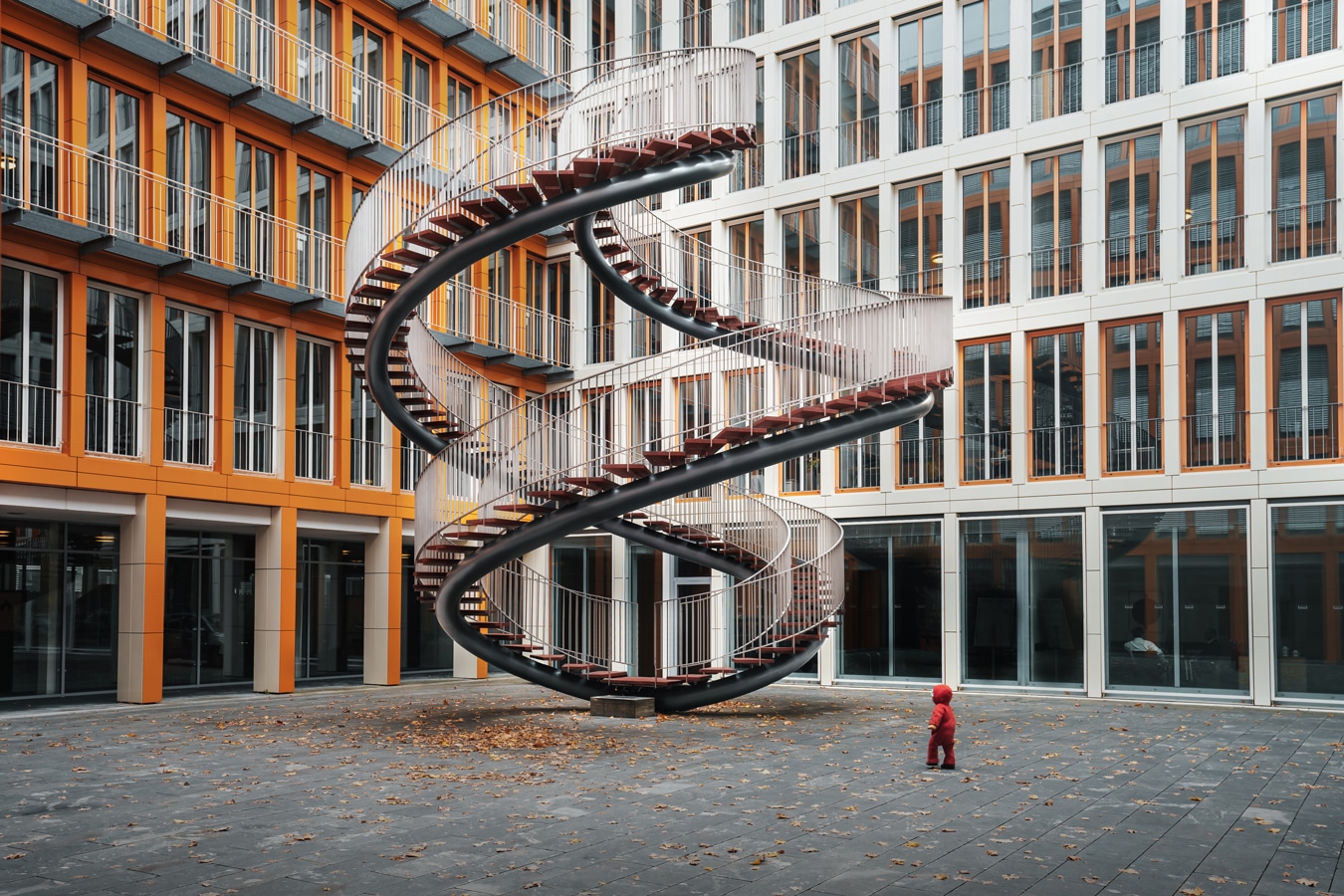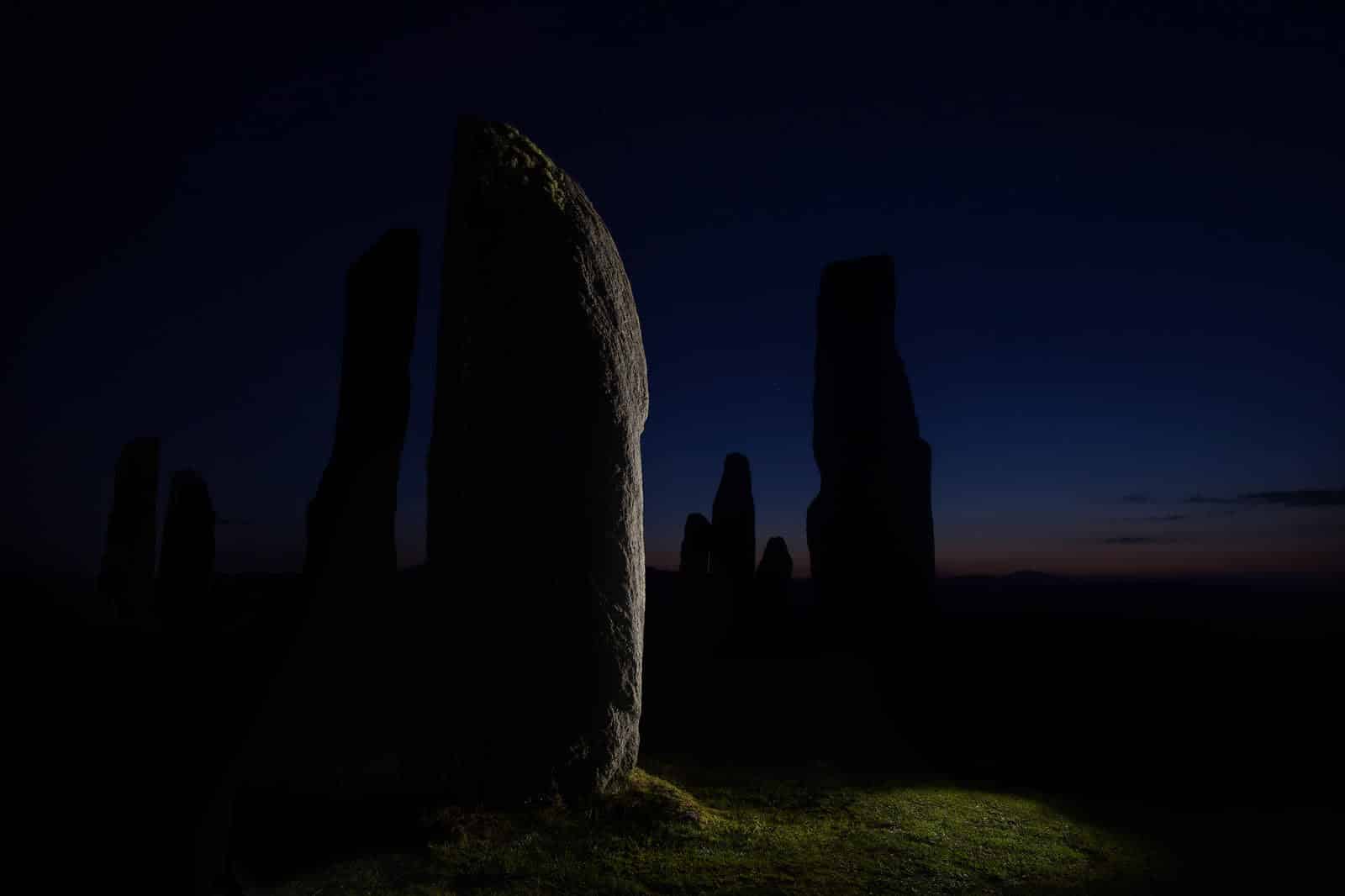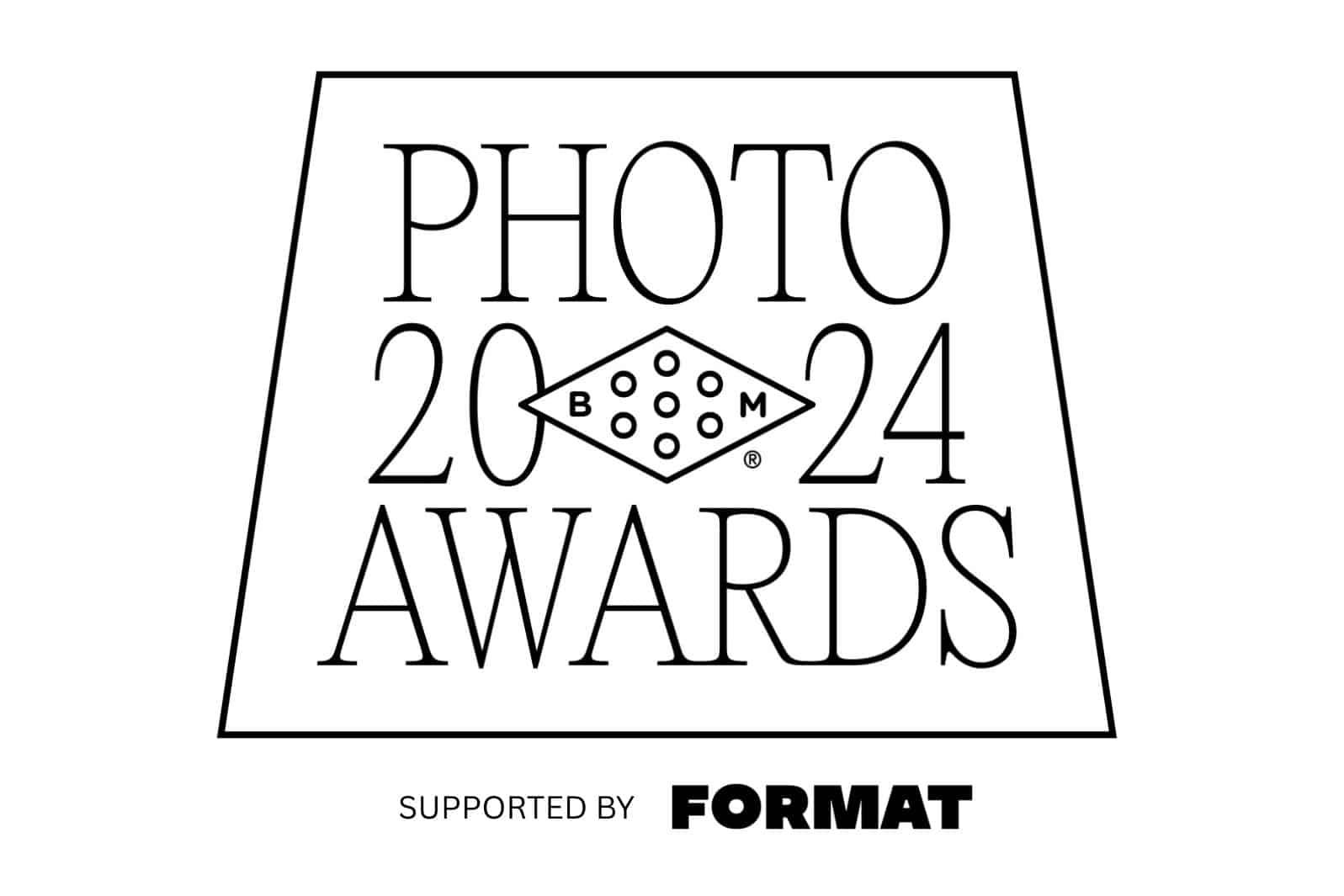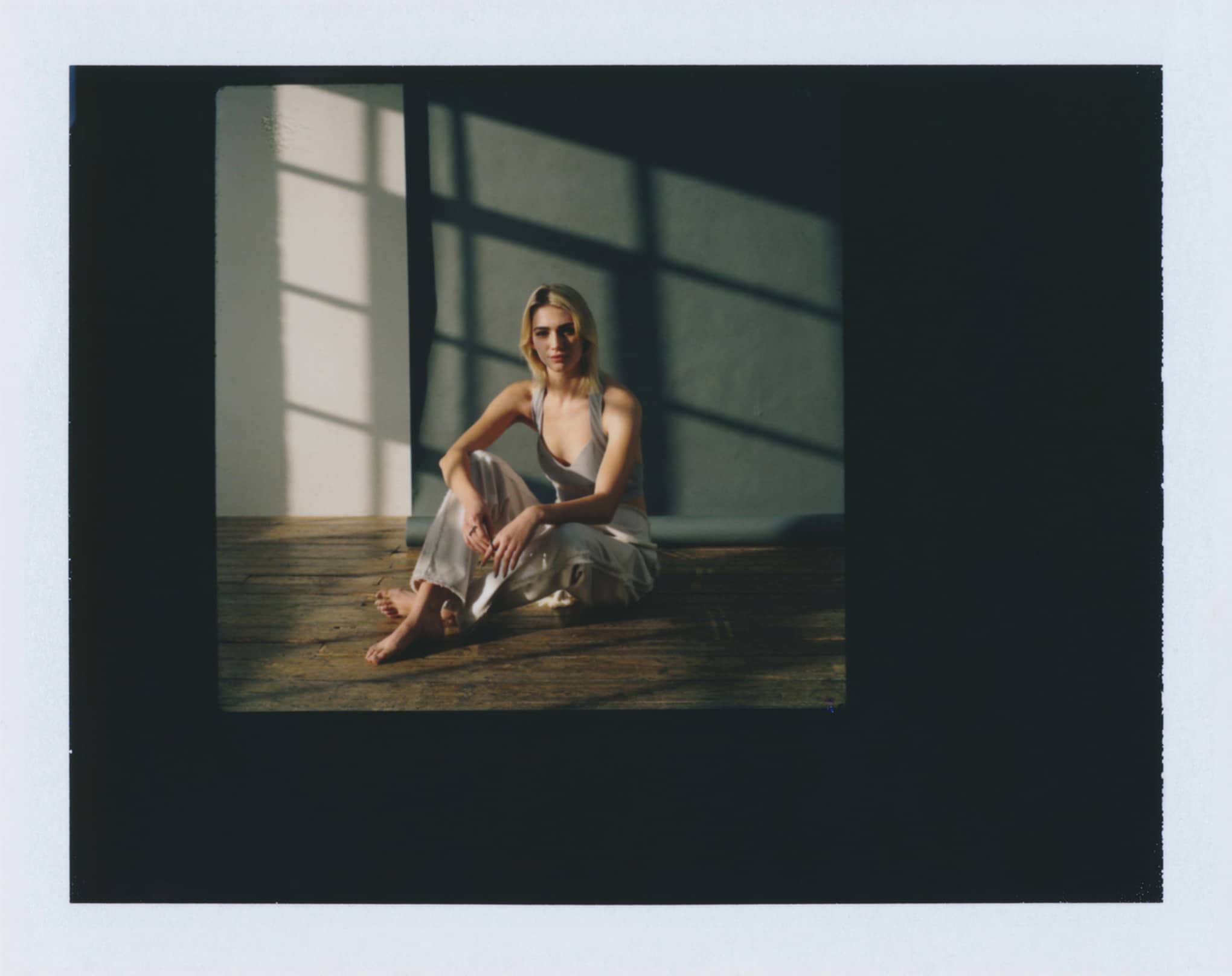Fotohandys haben die Welt der modernen Fotografie zweifellos zum Guten oder zum Schlechten verändert, je nachdem, wen du fragst. Bei der Fotografie geht es heute genauso sehr um Kommunikation wie um Kreation. In einem Medium, das früher von Geduld und unglaublicher Liebe zum Detail geprägt war, haben Smartphones es möglich gemacht, in nur wenigen Sekunden ein künstlerisches Statement zu setzen. Und nicht nur das: Du kannst diese Aussage im Handumdrehen mit der ganzen Welt teilen.
Fotografen sind seit der Einführung des Handys geteilter Meinung zu diesem Thema. Ist es besser, dass das Fotohandy die Fotografie einfacher gemacht hat? Ist ein iPhone-Fotograf ein echter Fotograf? Aber am meisten interessierte uns in letzter Zeit die Überschneidung von Fotografie und sozialen Medien. Wie hat sich der Kreislauf der sofortigen Befriedigung - knipsen, posten, die Herzchen zählen, auf Kommentare warten - auf die moderne Fotografie ausgewirkt? Wir haben fünf Fotografen gebeten, sich zu diesem Thema zu äußern.

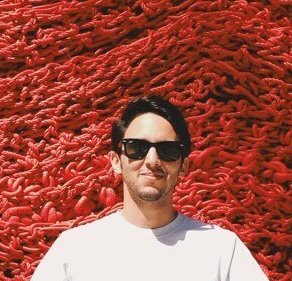


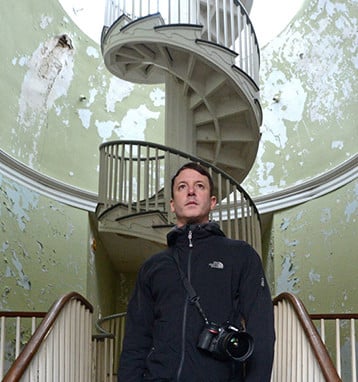
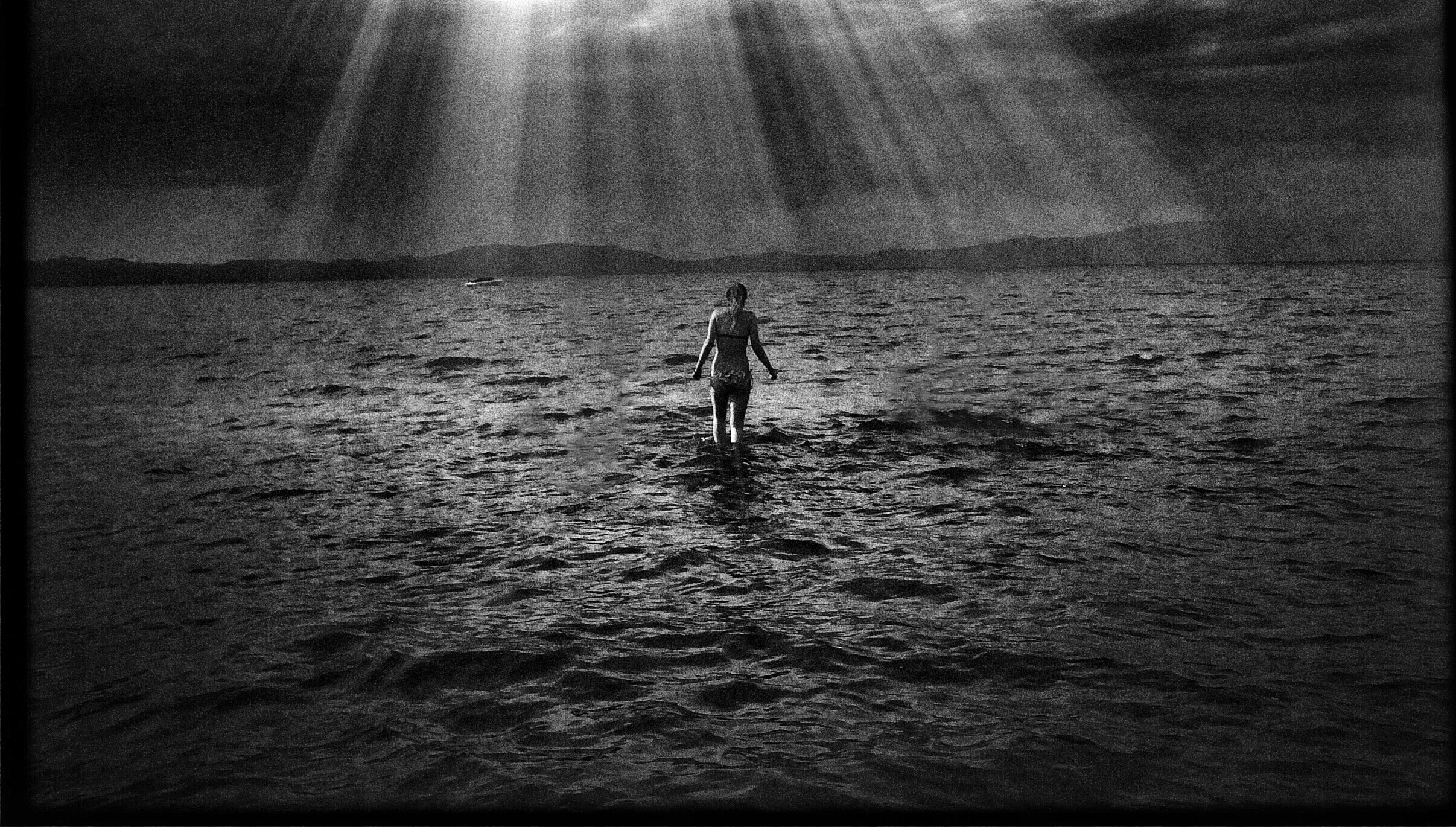
Richard Hernandez, Assistenzprofessor für Neue Medien
Ich könnte die Analogie von Fast Food verwenden. Es hat unsere Kamerarolle mit Bildern "fett" und unsere Augen ein bisschen "faul" gemacht. Ich glaube, dass die "langsame Fotografie" etwas Besonderes und fotografisch Wertvolles hat, und natürlich habe ich diese Sichtweise der alten Schule, weil sie Teil meiner fotografischen Erfahrung ist. Es hat etwas für sich, ein Bild zu machen und das Ergebnis nicht sofort sehen zu können. Dieser Prozess bringt eine Geduld und Achtsamkeit mit sich, die ich immer als wertvoll empfunden habe. Es hält dich auch im Moment und verhindert, dass du den kreativen Fluss unterbrichst, um das Ergebnis sofort zu überprüfen. Das hält mich oft davon ab, weiter zu fotografieren, weil ich mir sofort ein Urteil darüber gebildet habe, dass ich ein gutes Ergebnis erzielt habe. Die Schuss und bearbeite die Situation nicht weiter.
Gleichzeitig verstehe ich, dass das vielleicht nostalgisch klingt oder ich mir wünsche, dass die Dinge anders wären. Ich glaube, es ist eine wertvolle Lektion für Fotografen, zu lernen, über einen längeren Zeitraum zu fotografieren, ohne sich die Ergebnisse sofort anzusehen oder sie sofort auf Social-Media-Plattformen hochzuladen. Auf diese Weise löst du deine emotionale Bindung an die "Erfahrung" des Fotografierens und kannst das endgültige Foto mit einer klareren Perspektive und einer frischeren Vision beurteilen, wenn du dem Bild Zeit zum "Ausruhen" gegeben hast. Das ist sicherlich ein sehr tiefgreifendes und kompliziertes persönliches Thema, aber ich glaube auch, dass wir, mich eingeschlossen, mit dem sofortigen Zugang zum Teilen auch unser Bild mit unserem Ego verbinden, indem wir die Bilder hochladen und sie auf der Grundlage von "Likes" beurteilen. So hat sich nicht nur der Erstellungsprozess und das Teilen beschleunigt, sondern auch die sofortige Form des öffentlichen Feedbacks zu einem Bild. Weniger Aufmerksamkeit oder "Likes" können sich oft negativ auf die Motivation eines Fotografen auswirken.
@koci
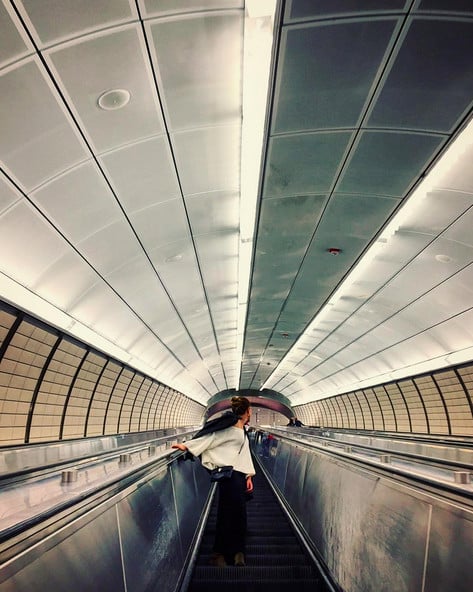
Anthony Danielle, Mitbegründer des Mobile Media Lab
Die Handyfotografie ist noch recht jung - der Kreislauf aus sofortiger Befriedigung und Feedback hat erst mit dem Aufkommen von Instagram in Bezug auf Handyfotos begonnen und ist ein großer Teil dessen, was Instagram zu einem so starken Medium macht. Ich selbst habe festgestellt, dass mir das sofortige Feedback geholfen hat, meine Stärken und Schwächen als Fotograf zu erkennen. Die Sichtweise eines Außenstehenden auf deine Arbeit ist von unschätzbarem Wert. Das funktioniert auch in zweierlei Hinsicht, denn du kannst dich mit der Arbeit eines anderen Menschen auf der anderen Seite der Welt auseinandersetzen und lernen, was er sieht und wie er die Welt um sich herum wahrnimmt. Ich habe festgestellt, dass es mir geholfen hat, mich als Fotograf weiterzuentwickeln, indem ich konstruktive Kritik bekommen und sie auch geben konnte.
Die Tatsache, dass jeder eine ziemlich gute Point-and-Shoot-Kamera in der Tasche hat, sättigt definitiv den Markt, aber die Sahne steigt immer nach oben. Ich habe die Erfahrung gemacht, dass jemand, der mit einer Handykamera schöne Fotos machen kann, höchstwahrscheinlich den nächsten Schritt zu einer DSLR-Kamera macht und sein Portfolio und seine Fähigkeiten mit einer leistungsfähigeren Kamera erweitert. Da immer mehr Menschen Zugang zu Fotohandys mit besserer Qualität haben, nutzen sie diese für unterschiedliche Zwecke: Manche Leute machen damit Kunst, andere fotografieren damit ihr Essen oder Selfies (beides seit dem Aufkommen des Fotohandys wohl echte Kunstformen). Ich kann nichts Schlimmes daran finden, wenn es das Interesse der Person an der Fotografie als künstlerischem Ausdruck weckt. Es ist fast schon ein Klischee zu hören, dass der Film tot ist, aber ich glaube nicht, dass das stimmt. Ich kenne einige Leute, die immer noch auf Film fotografieren, weil sie die Herausforderung suchen. Es ist sicherlich viel einfacher, deine Arbeit digital zu veröffentlichen, aber wenn du die Zeit und die Ressourcen hast, um analog zu fotografieren, und du es gut kannst, glaube ich nicht, dass etwas verloren ist.
@takinyerphoto
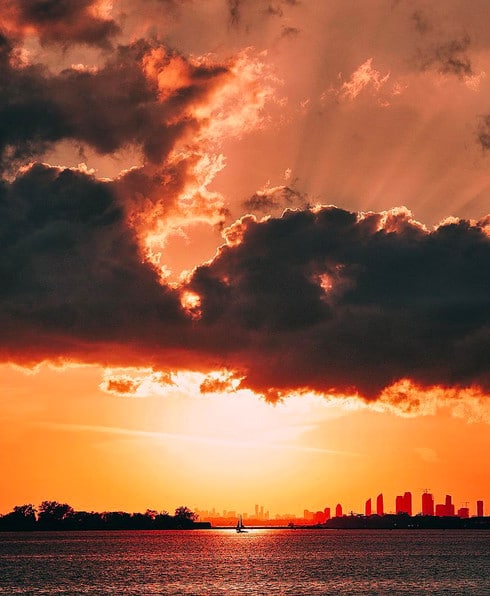
Adeyemi Adegbesan, Fotograf
Ich denke, der sofortige Feedback-Zyklus betrifft jeden. Ob du nun Musiker, Maler oder Fotograf bist, spielt keine Rolle. Das Entscheidende ist, dass du jetzt direkt mit deinem Publikum sprechen kannst, wann und so oft du willst. Das hat natürlich enorme Vorteile, aber auch einige harte Konsequenzen. Machen wir uns nichts vor: Es gibt eine Menge schlechter Kunst da draußen. Gerade im Bereich der Fotografie ist heute jeder ein Fotograf und die Online-Welt ist überschwemmt mit Bildern - guten, schlechten und solchen, die sich niemand ansehen sollte. Aber auf der anderen Seite gibt es viel mehr Menschen, die sich aktiv mit der Fotografie beschäftigen, und ich denke, das ist eine gute Sache. Ist der Markt gesättigt? Ja.
Aber ich glaube nicht, dass es dadurch schwieriger wird, sich abzuheben. Ich sehe das so: Ja, jetzt ist jeder ein Fotograf, aber das bedeutet auch, dass die Durchschnittsperson mehr Interesse und Wertschätzung für Fotografie und insbesondere für gute Fotografie hat. Ich denke, dass sich einige Dinge geändert haben, die man tun muss, um aufzufallen, aber letztendlich werden sich Vordenker und Do-it-yourself-Tüftler immer noch von der Masse abheben. Die einfache Beherrschung des Handwerks hat dich vielleicht schon vor 30 Jahren hervorgehoben. Aber wenn du das Handwerk beherrschst, eine originelle Idee einbringst und dich mit den sozialen Medien auskennst, hast du gut lachen. Und wenn du dir ansiehst, was die Spitzenfotografen im Moment erschaffen, ist das aufregender als je zuvor. Es gibt so viele Menschen, die die Kunstform in neue Richtungen lenken. Letztendlich denke ich, es ist dasselbe wie immer: Wenn du als Künstler erfolgreich sein willst, sei originell, sei du selbst und arbeite, bis du zusammenbrichst. Dann bist du in guter Form.
@soteeoh

Simeon Rusnak, Fotograf
Fotohandys haben das Medium der Fotografie zweifellos verändert, denn sie sind einfach zu bedienen, verbessern die Technologie und sind scheinbar ständige Begleiter. Mehr denn je werden heute Fotos gemacht, angesehen und geteilt, denn mit dem Aufkommen der Fotohandys sind auch die sozialen Medien auf dem Vormarsch. Durch endlose Updates entsteht ein endloser Durst nach neuen Medien, und ich glaube, dass die Zeit, die wir mit einem einzelnen Foto verbringen, immer kürzer wird: Anstatt ein Foto zu betrachten und uns Zeit dafür zu nehmen, aktualisieren wir, scrollen, schauen, tippen doppelt, wiederholen.
In einer Gesellschaft, in der alles schnell geht, sich aktualisiert und verändert, ist das Fotohandy ein geeignetes Werkzeug für seine Nutzer. Es ist ein Werkzeug mit Fehlern und Einschränkungen, aber es bietet jedem, der ein Smartphone bei sich trägt, eine großartige Möglichkeit, eine Szene zu scannen, einen Moment festzuhalten und sein fotografisches Auge zu entwickeln. Diese Pause (sei es eine oder mehrere) am Tag ist zumindest für mich ein Moment, in dem ich mich entspannen und auf eine Sache konzentrieren kann: den Moment.
@simeonrusnak
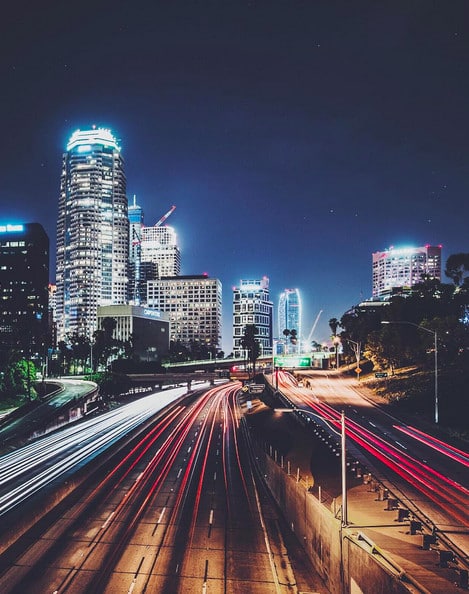
Jamie Betts, Fotografin
Fotohandys haben alles verändert. Die Menge an Fotos, die täglich gemacht wird, ist atemberaubend. Dank sozialer Medien und Apps wie Instagram sind die täglichen Fotoenthusiasten zu potenziellen Marketinginstrumenten für große Unternehmen geworden. Viele Unternehmen schreiben Instagram-Nutzer/innen mit einer großen Fangemeinde an und bitten sie, für ihre Produkte zu werben. Sie schicken ihre Produkte an diese Instagram-Fotografen und bitten sie, ihr Produkt zu fotografieren, sie in ihren Beiträgen zu erwähnen und entsprechend zu markieren - das ist fast kostenloses Marketing für sie.
Das hat definitiv Auswirkungen auf professionelle Fotografen. Dieses realitätsbezogene Marketing und die Werbung senken den Wert der professionellen Werbefotografie und das, was professionelle Fotografen jetzt verlangen können. Ich warte nur auf den Tag, an dem ich meine gesamte professionelle Ausrüstung verkaufen und mit dem neuen Vollformat-Handy fotografieren kann.
@jamiebettsphoto




